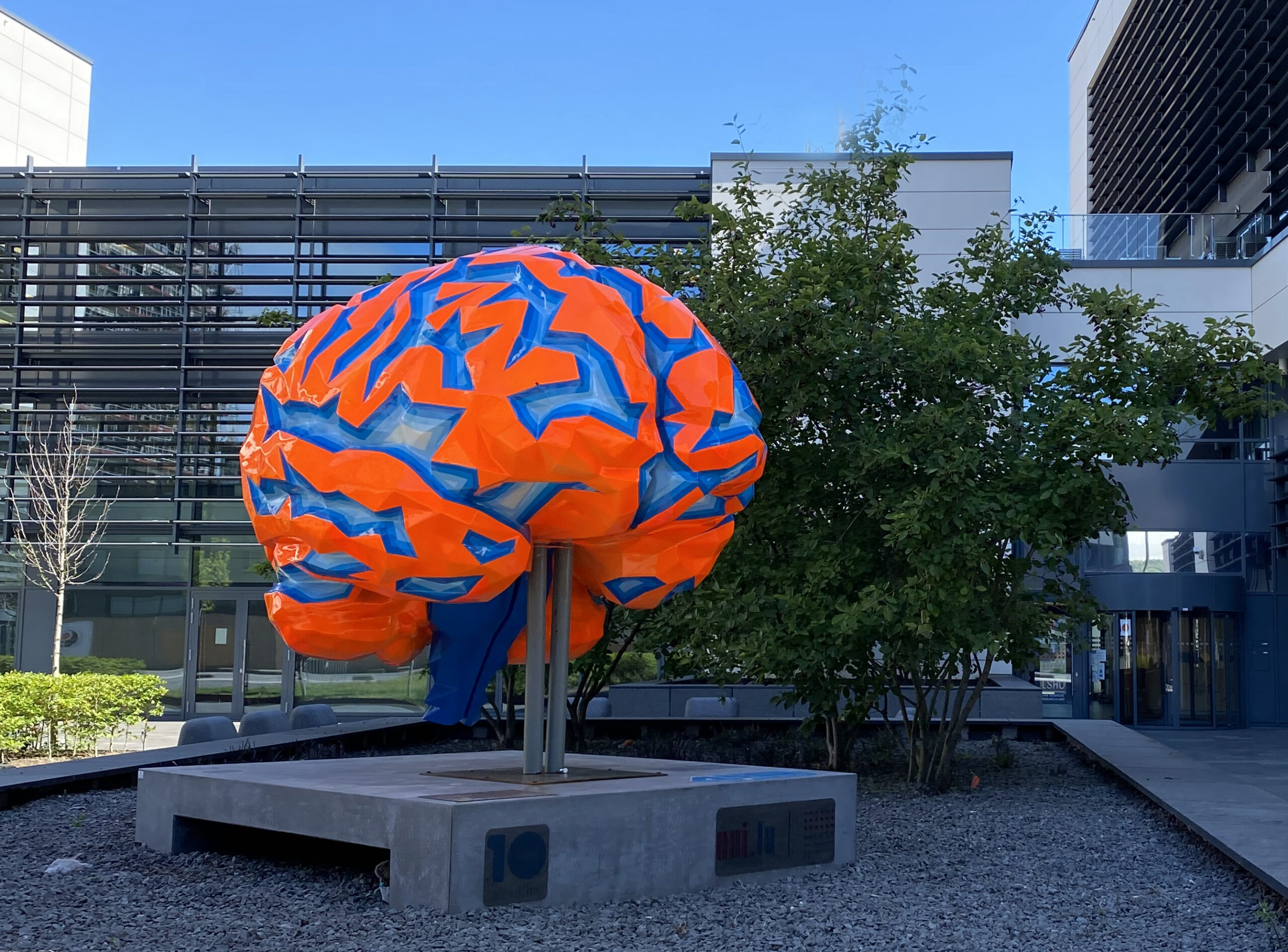Microglia do something strange with their ribosomes during neurodegenerative diseases
Neurodegenerative diseases, such as Alzheimer’s and Parkinson’s diseases, cause severe damage before clinical signs emerge. Therefore, early detection and treatments are urgently needed.
However, our understanding of early mechanisms in neurodegeneration is incomplete. To generate new mechanistic insight, and possibly discover new biomarkers or therapeutic targets, we performed cell type-specific translatome analyses in mouse models of four neurodegenerative diseases. Through this work, we discovered that ribosomal protein S24 expresses a variant C-terminal tail specifically during conditions that trigger neuroinflammation.
In my lecture, I will describe the experiments that led to this finding, possible reasons for the induction of this variant, and our current work to determine if it can be useful as a biomarker or therapeutic target for neurodegenerative diseases.
About the speaker
Walker Jackson started his independent research program in 2011 at the German Center for Neurodegenerative Diseases in Bonn, Germany.
In 2018 he was strategically recruited as an associate professor to the Wallenberg Center for Molecular Medicine at Linköping University in Sweden.
His lab develops and analyzes mouse models of neurodegeneration.

